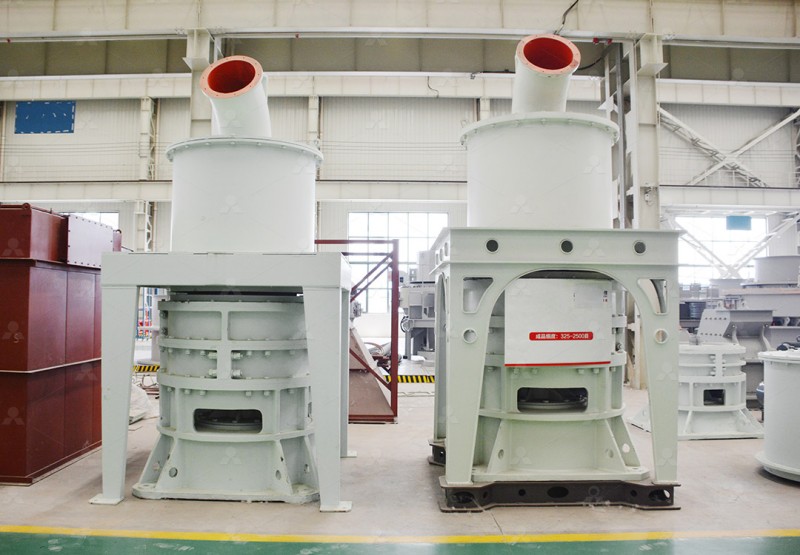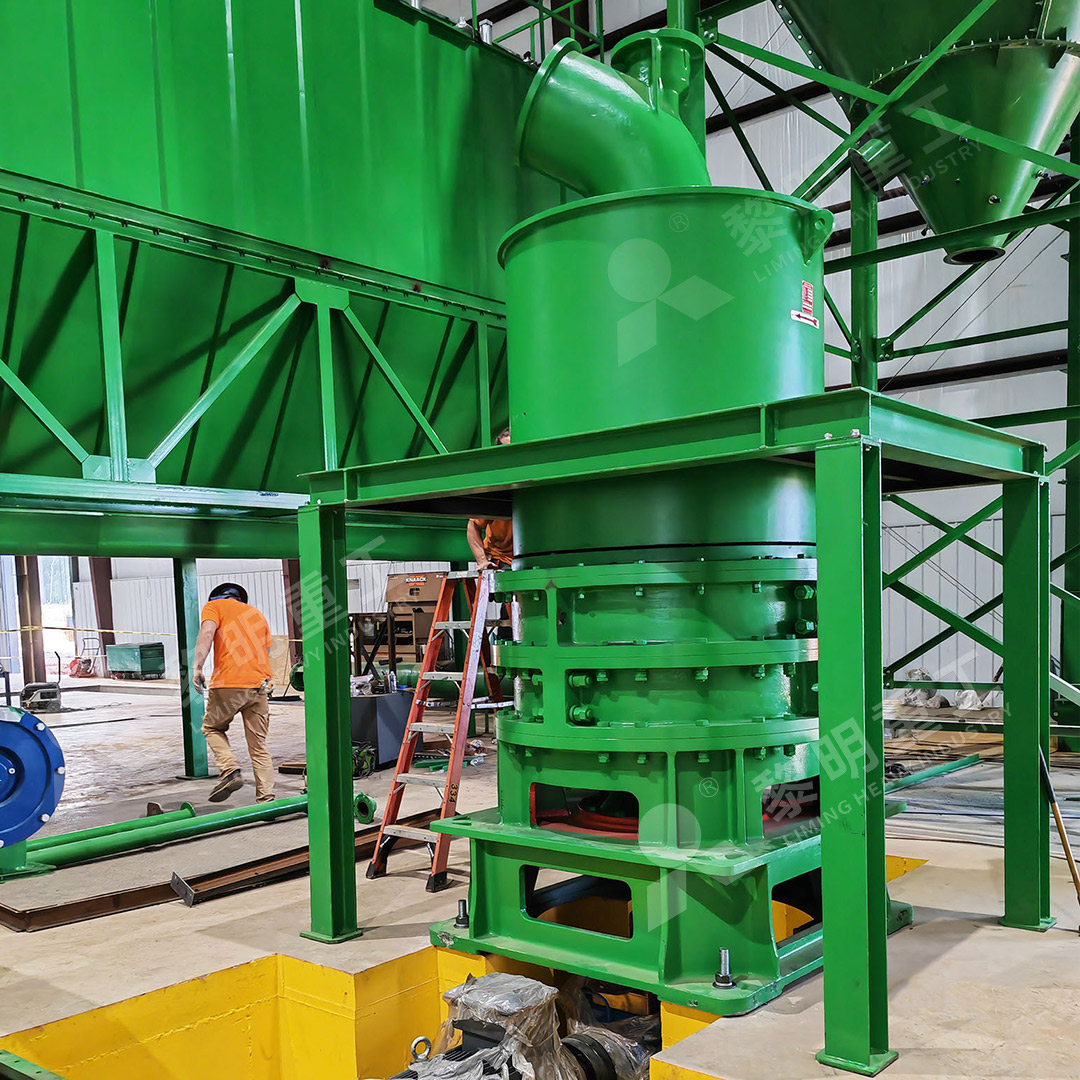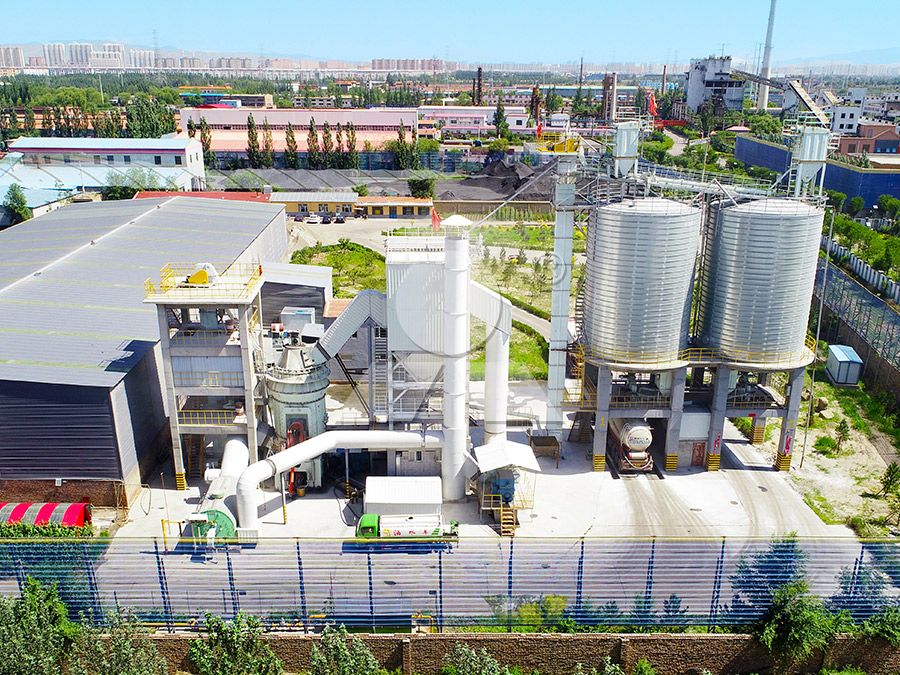How Much Does a Bentonite Grinding Mill Machine Cost?
We provide a wide range of mills — including Raymond mill, trapezoidal mill, vertical mill, ultrafine mill, and ball mill, obtained ISO9001 international quality certification, EU CE certification, and Customs Union CU-TR certification. Suitable for processing minerals such as limestone, phosphate, quicklime, kaolin, talc, barite, bentonite, calcium carbonate, dolomite, coal, gypsum, clay, carbon black, slag, cement raw materials, cement clinker, and more.
The discharge range of these mills can be adjusted to meet specific processing needs, typically from 80-400 mesh, 600-3250 mesh, and can achieve the finest particle size of up to 6000 mesh(D50).
If you are looking for a reliable grinding solution to turn stone or minerals into fine powder, please feel free to contact our online customer service.
Understanding the Cost Factors for Bentonite Grinding Mills
When clients approach us about bentonite grinding equipment, the first question is typically about cost. However, pricing for industrial grinding machinery isn’t straightforward—it depends on multiple factors including production capacity, required fineness, energy consumption, and operational requirements. Bentonite, with its unique swelling properties and diverse industrial applications, demands specific grinding solutions that balance efficiency with operational costs.

The initial purchase price represents only one component of your total investment. Operational expenses—including power consumption, maintenance, and spare parts—significantly impact long-term profitability. For bentonite processing specifically, you’ll need equipment that can handle moisture content variations while producing consistent particle size distribution.
Key Considerations for Bentonite Grinding
Bentonite’s plate-like crystalline structure requires careful grinding to preserve its beneficial properties. The ideal mill must generate sufficient shear forces to separate these layers without damaging their structure. Additionally, bentonite’s tendency to absorb moisture means your grinding system may need integrated drying capabilities or special handling considerations.
Production capacity requirements dramatically influence machine selection and cost. Small-scale operations (under 5 tph) might consider Raymond Mills or smaller vertical mills, while high-volume production facilities (over 15 tph) would need more substantial investment in equipment like our LM Vertical Grinding Mill or MTW European Trapezium Mill.
Recommended Solutions for Bentonite Processing
Based on our extensive experience with clay mineral processing, we typically recommend two of our grinding systems for bentonite applications, depending on your specific requirements:

MW Ultrafine Grinding Mill
For operations requiring ultra-fine bentonite powder (325-2500 meshes), our MW Ultrafine Grinding Mill represents an excellent balance of performance and operational economy. With an input size of 0-20 mm and capacity ranging from 0.5-25 tph, this machine is specifically engineered for customers who need to make ultra-fine powder from minerals like bentonite.
The MW series stands out for its higher yielding and lower energy consumption compared to traditional grinding systems. Its newly designed grinding curves of grinding roller and grinding ring enhance grinding efficiency significantly. In practical applications, users typically achieve 40% higher production capacity than with jet grinding mills with the same fineness and power specifications. The cage-type powder selector adopts German technology, ensuring precise powder separation and consistent product quality.
Notably, the grinding chamber contains no rolling bearings or screws, eliminating concerns about bearing damage or machine failure caused by loose screws. The external lubrication system allows continuous 24-hour operation without shutdowns for maintenance. For environmentally conscious operations, the integrated pulse dust collector and muffler system minimize dust and noise pollution throughout production.
LUM Ultrafine Vertical Grinding Mill
For operations prioritizing energy efficiency and easy maintenance, our LUM Ultrafine Vertical Grinding Mill offers another compelling option. With its input size of 0-10 mm and capacity of 5-18 tph, this mill integrates ultrafine powder grinding, grading and transporting in a single compact system.
The LUM series incorporates unique roller shell and lining plate grinding curves that facilitate material layer formation and high rates of finished products through single-pass powder milling. This design enhances working efficiency while improving the whiteness and cleanliness of finished bentonite products—critical quality parameters for many industrial applications.

What sets the LUM apart is its double position-limiting technology, which ensures stable operation by preventing destructive impact between grinding components. The reversible structure addresses maintenance challenges associated with heavy grinding rollers, allowing operators to easily move grinding rollers out of the body for inspection and replacement of wear parts.
Making the Right Investment Decision
When evaluating bentonite grinding mill costs, consider both capital expenditure and long-term operational economics. Our technical team can help you analyze your specific production requirements, raw material characteristics, and finished product specifications to recommend the most cost-effective solution. We encourage potential buyers to request a customized quotation based on their unique operational parameters rather than relying on generic pricing information.
Frequently Asked Questions
What is the typical price range for a bentonite grinding mill?
Pricing varies significantly based on capacity and specifications. Small-scale mills might start around $50,000, while high-capacity industrial systems can exceed $500,000. Contact our sales team with your specific requirements for an accurate quotation.
How does bentonite’s moisture content affect mill selection?
High moisture content may require integrated drying systems or pre-drying processes. Our technical team can recommend appropriate solutions based on your bentonite’s specific characteristics.
What maintenance costs should I anticipate?
Maintenance costs depend on operating hours and material abrasiveness. Our MW and LUM series mills are designed with maintenance-friendly features that reduce downtime and spare parts consumption.
Can the same mill process different grades of bentonite?
Yes, both recommended mills can handle various bentonite types, though adjustment of operating parameters may be necessary. Our systems offer flexibility in fineness adjustment to accommodate different product requirements.
What after-sales support do you provide?
We offer comprehensive technical support, original spare parts supply, and operational training to ensure worry-free operation throughout your mill’s lifecycle.
